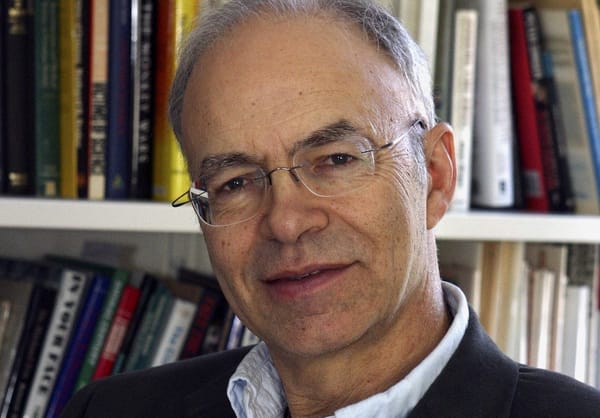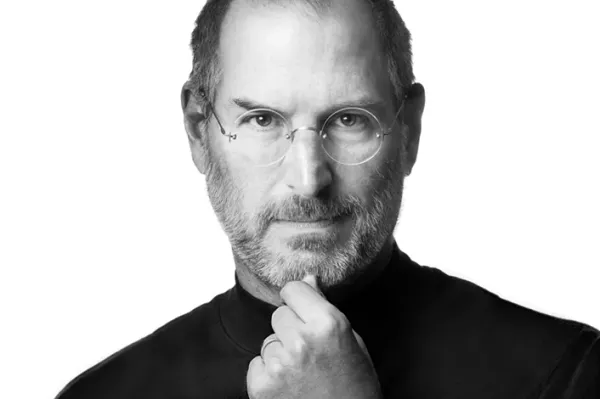Meaning conference sketch, pt. 1
I'm sketching out a paper for a conference on meaning in life, which isn't something I've been working on for long because I didn't think serious philosophers worked on such things. Now, I know that some serious philosophers do, and, more importantly, that I'm not a serious philosopher, so it doesn't matter anyway. The next couple of posts are for me to work out what I want to say in this paper..
First things first, I want to distinguish purpose from meaning. I've done this elsewhere, and the gist of the distinction is that purpose aims at some end, some goal. If your life has a purpose, then there is some end or goal for it. The language of "purpose" fits most naturally in a system that works together to do something, so that each part of some larger whole has a purpose, which purpose is determined by working backwards from what that part does that serves the purpose of the whole: the purpose of my assembling the dashboard is to put it into a vehicle that's being assembled and that, itself, has the goal of being driven quickly/efficiently/safely, etc.
Meaning, by contrast, is something's role within a larger system or pattern, but not necessarily one aiming at some purpose. A word means something within a language and a social context, a dashboard means something within a factory or within a vehicle, and the lights on the dashboard mean something different to the driver when driving and to the person assembling the dashboard. Meanings change with context or when part of different patterns. Another example: "entrée" in French and "entree" in English refer to different parts of the meal, though the English word is straightforwardly borrowed from the French.
Something's purpose, then, is a type of meaning, but not the only type. Someone can be a friend to me, which is a kind of meaning: it fits within a larger pattern or context. A friend and a therapist, for example, or a friend and a personal assistant might overlap in lots of ways and be indistinguishable in some contexts, but they differ in some important ways, too. So being a friend has some meaning but "being a friend" is not the purpose that the friend is serving. Nor is he serving any purpose other than being a friend.
Thinking of someone as serving the purpose of a friend, or of serving some other purpose, actually strikes me as such an oddly instrumental way of understanding friends that I suspect a failure to understand that distinction means that one doesn't understand friendship–the kind of thing that might be true of someone who could propose that AI can replace friends.
There is, of course, a further question of why something's having some particular meaning or purpose matters, why it's important at all. Why do friendships matter? Why do car dashboards? There's no unified metric to answer those questions. Friendships don't matter simply because they make us happy--if that were the only reason they mattered, then they could be replaced with anything that makes us at least equally happy, like a combination of therapists, personal assistants, AI chatbots, and drugs.


